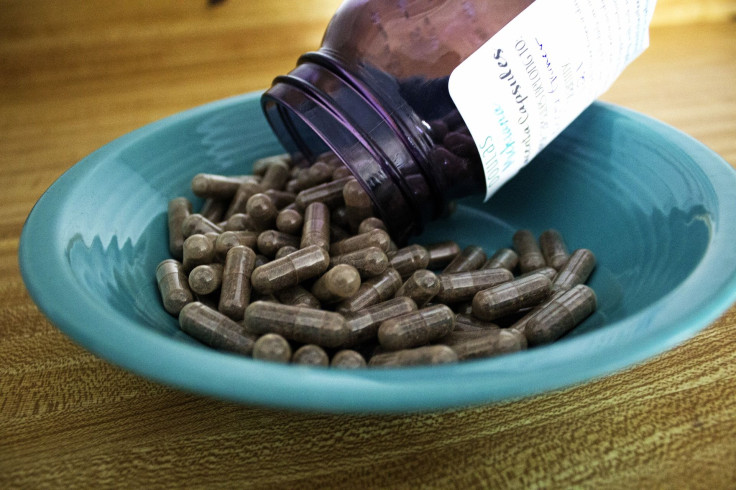Sale Of Human Placenta From Funeral Homes, Medical Waste Thriving In China
KEY POINTS
- Chinese traders sell human placentas taken from medical waste plants and funeral homes
- Many believe eating the placentas can give them healing properties
- One human placenta costs at least $12.30
The illegal sale of human placentas taken from funeral homes and medical waste plants is still thriving in China despite an increased risk of contracting contagious viruses.
The black market for human placentas in China is still thriving even if the organs do not pass checks that determine whether they contain diseases, such as HIV, syphilis and hepatitis B, news outlet The Paper reported Monday.
Many residents of mainland China believe human placentas, or ziheche, have healing properties that can help improve weak immune systems. They also believe cooking it and eating it, or processing it for use as traditional Chinese medicine (TCM), can cure cases of tuberculosis and hypovolemia and boost reproductive health.
The investigative report found that the illegal trade of placentas was prominent in three areas: Bozhou in Anhui, Pizhou in Jiangsu and Yongcheng in Henan, South China Morning Post reported.
A correspondence with placenta traders and black market insiders found that each placenta costs at least 80 yuan ($12.30).
Some Chinese e-commerce sites like Taobao also sell human placentas, with prices varying according to the baby’s sex. Placentas from boys sell for as much as $73, while girl placentas fetch up to $69.
Liu Yi, a Pizhou resident, said his family processed 130,000 fresh human placentas in 2020. The placentas were given to them by a cleaner in a hospital in Hubei.
Lin Xiu, an obstetrician from The Reproductive Hospital of Guangxi Zhuang Autonomous Region, dismissed claims that the human placenta has healing properties. She also warned against using conventional cooking methods in hopes of killing any virus.
“If the mother has got infectious diseases, the placenta will also carry the virus,” the report quoted her as saying. “Conventional cooking methods can not kill those viruses. Only like the steamed disinfection used in hospitals to disinfect surgery equipment can do [that].”
“So eating fresh human placenta might possibly make you infected with diseases,” Lin added. “It’s dangerous for health.”
China’s Ministry of Health launched a crackdown on the placenta trade in 2005, banning its sale. However, the law did not prohibit people from selling drugs made from the placenta. The measure also did not include any stipulations on the origin of the organs.

© Copyright IBTimes 2024. All rights reserved.






















